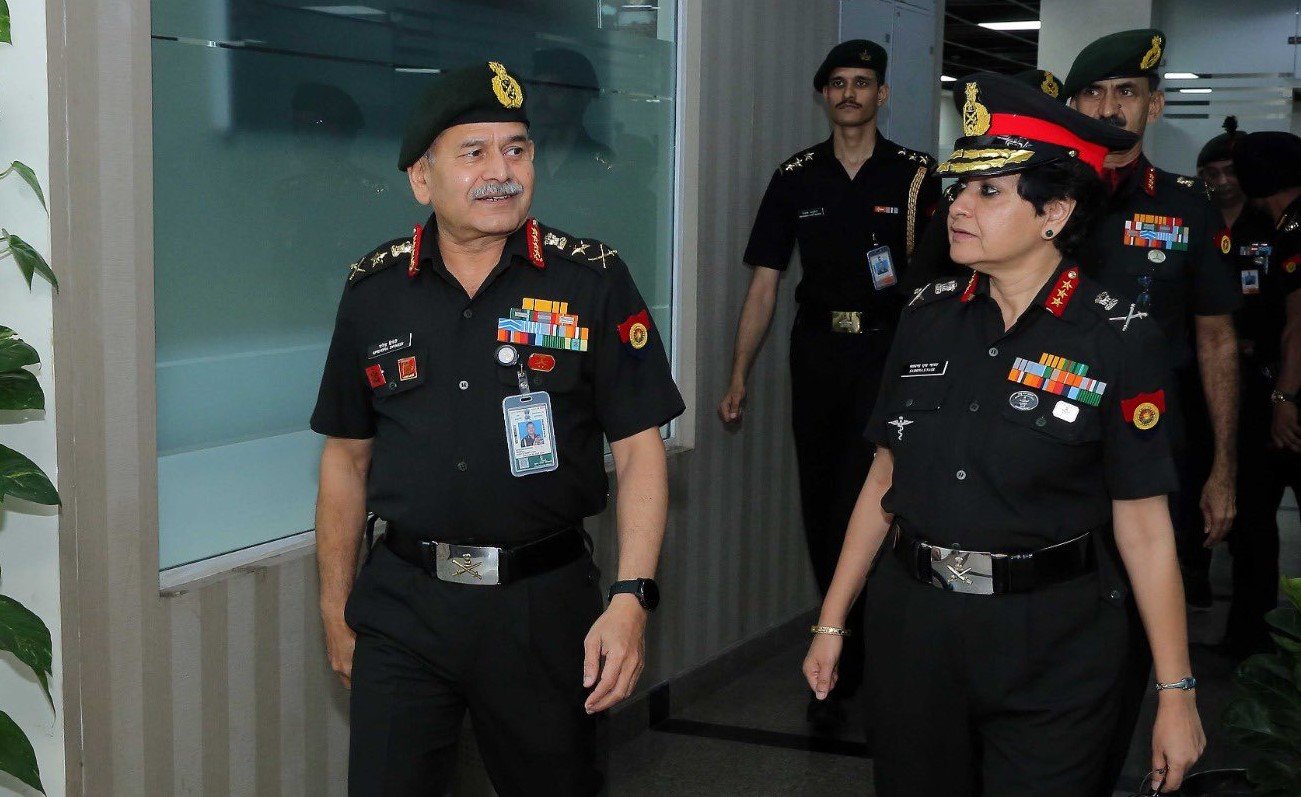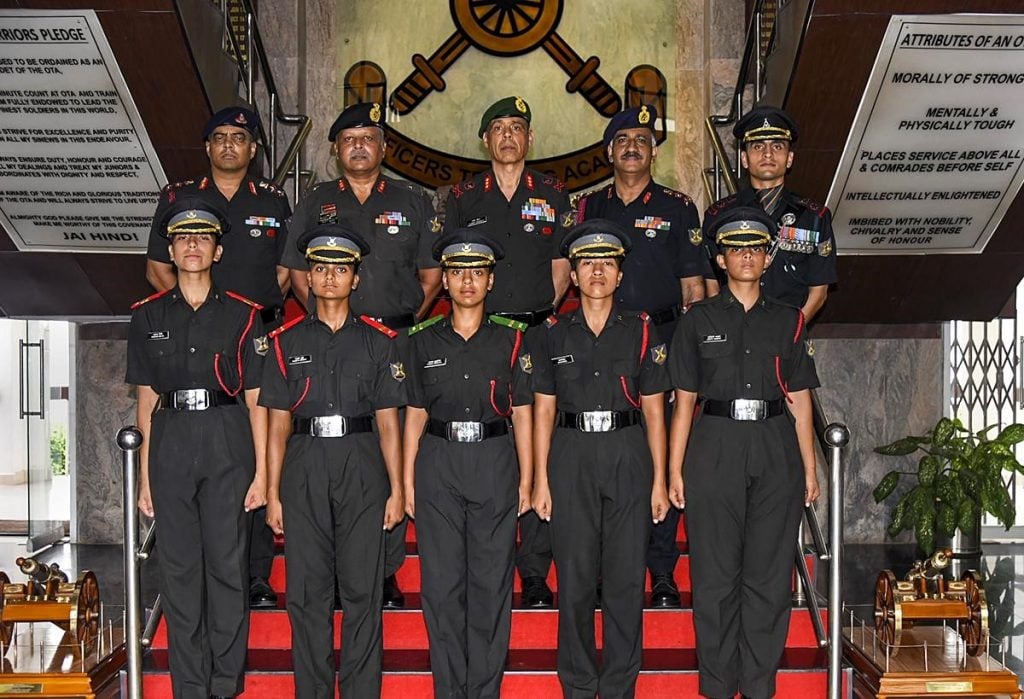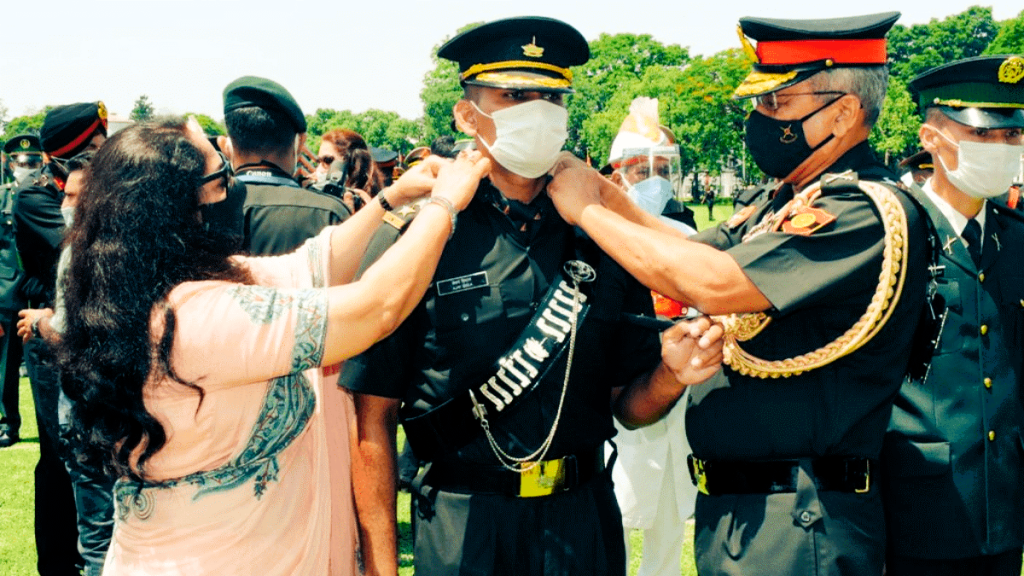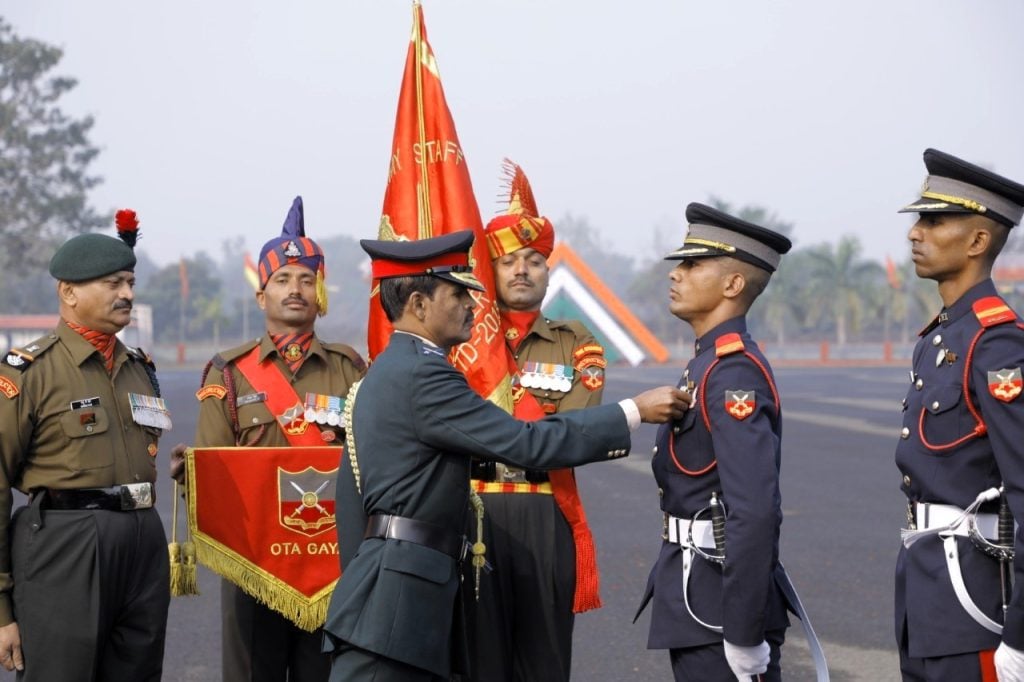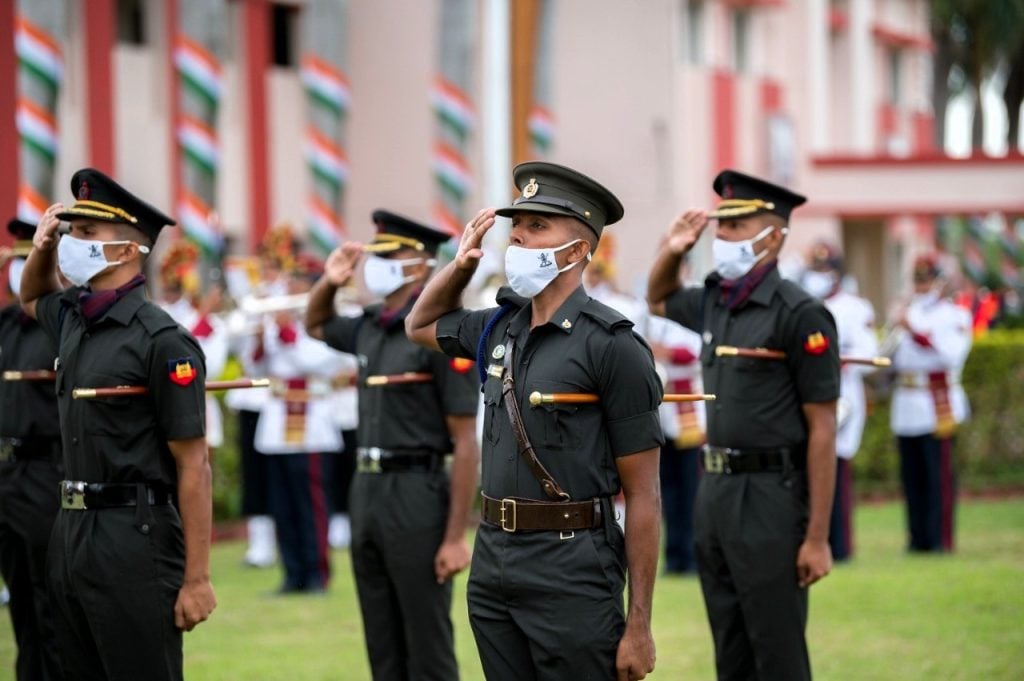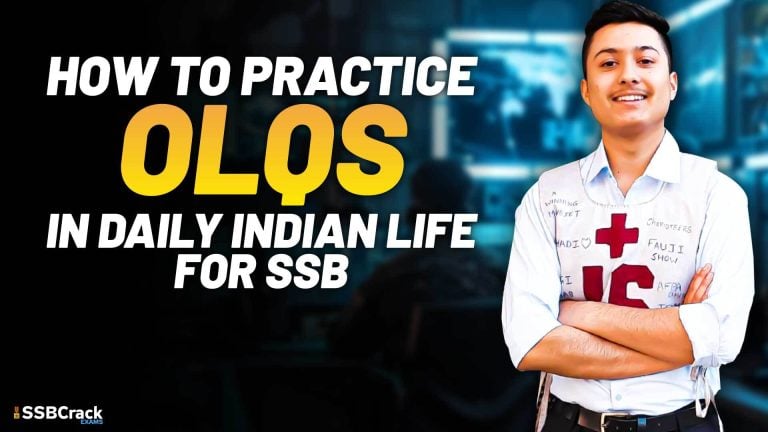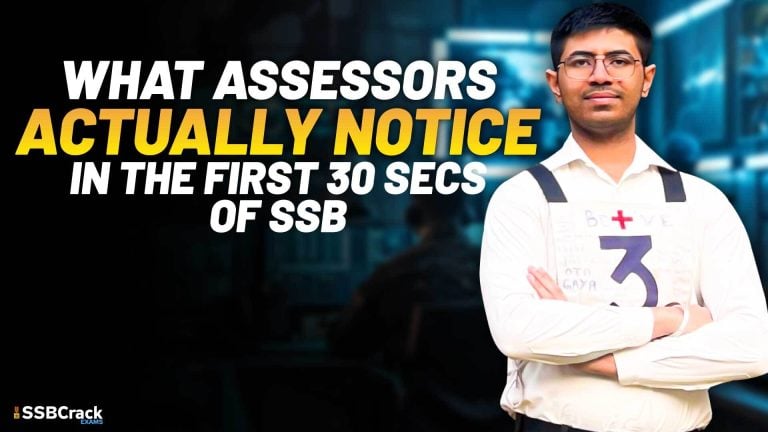Effective communication is a cornerstone of success, not just in the defense forces, but in any professional realm. As aspiring candidates for the prestigious Armed Forces, honing your communication skills is paramount. While language proficiency is crucial, communication goes beyond mere linguistic prowess – it’s about how you articulate your ideas, engage with your audience, and convey your thoughts with confidence and clarity.
In the rigorous selection process of the Services Selection Board (SSB), communication skills are meticulously evaluated. Candidates who demonstrate exceptional communicative abilities often have a distinct advantage. By mastering the art of communication, you can not only excel in the SSB but also thrive in your future military career. This article delves into the 6 Easy Ways to Improve Your Communication.
10 Things Football Can Teach You About Success
Understand the Distinction Between Language and Communication
It’s a common misconception that communication skill is synonymous with language proficiency. While language is the medium through which we exchange thoughts, communication skill refers to the way you deliver your ideas and viewpoints to others. Every profession has its own set of communication requirements – a sales job, for instance, may demand a charismatic and persuasive communicator, while a banking role may call for polite and articulate expression coupled with strong numerical skills.
Similarly, the Armed Forces have specific communication competencies they seek in their candidates. Recognizing and honing these skills is crucial for aspiring defense personnel. Communication is not something that can be learned solely from textbooks; it requires keen observation, diligent practice, and a willingness to adapt to diverse situations and audiences.
1. Engage in Diverse Dialogues
One of the most effective ways to enhance your communication skills is to engage in conversations with people from various backgrounds and communities. Step out of your comfort zone and actively participate in discussions with friends, family, and even strangers. This exposure to diverse communication styles and perspectives will broaden your understanding and equip you with the versatility to adapt your approach accordingly.
Leverage Social Interactions
Whether it’s a casual chat with your peers or a more formal discussion in a community setting, these social interactions offer invaluable opportunities to refine your communication abilities. Pay attention to how others express themselves, the tone and body language they employ, and the strategies they use to convey their messages effectively.
Seek Feedback and Reflection
After each interaction, take a moment to reflect on your own performance. What worked well? Where could you have improved? Solicit honest feedback from trusted sources, and use these insights to identify areas for growth. The mirror can also be a powerful tool for self-assessment, allowing you to observe and fine-tune your verbal and nonverbal communication skills.
2. Cultivate a Concise and Factual Communication Style
In the fast-paced world of the Armed Forces, time is a precious resource. Candidates who can communicate in a clear, concise, and to-the-point manner often have a distinct advantage. Avoid rambling or engaging in unnecessary small talk during SSB interviews or other assessments. Instead, focus on conveying your thoughts and ideas in a direct and informative manner.
Prioritize Relevance and Precision
Carefully consider the information you share and ensure it is directly relevant to the context. Eliminate superfluous details and redundant language, and strive to deliver your message with surgical precision. This not only saves time but also enhances the clarity and impact of your communication.
Embrace Punctuality and Preparation
Punctuality and preparedness go hand-in-hand with effective communication. Arrive at interviews or discussions well-versed in the topic at hand, and be ready to articulate your views concisely and confidently. This level of preparation will not only impress your audience but also help you communicate more effectively under pressure.
Top 5 US Fighter Jets Dominating Night Skies
3. Leverage Media Consumption for Communication Skill Development
Exposing yourself to high-quality media can be a powerful tool for honing your communication skills. Regularly consuming news articles, television programs, and online discussions can help you observe and internalize the communication styles of skilled orators and presenters.
Observe and Emulate Effective Communicators
Pay close attention to the language, tone, and body language used by seasoned journalists, public speakers, and subject matter experts. Analyze how they structure their arguments, use rhetorical devices, and engage their audience. Incorporate the elements that resonate with you into your own communication repertoire.
Develop a Keen Ear for Proper English Usage
Immersing yourself in well-crafted media can also help you develop a better understanding of proper English grammar, syntax, and vocabulary. Strive to emulate the precise and articulate use of the language, which will be highly valued in the SSB and your future military career.
4. Regulate Your Emotional State and Body Language
Effective communication is not just about the words you choose; it’s also about how you present yourself. Your emotional state and body language can significantly impact the way your message is received and perceived.
Cultivate Confidence and Composure
Nervousness and self-doubt can be detrimental to your communication skills. Practice techniques to manage your emotions and project an air of confidence and composure, even in high-pressure situations. Maintain a calm and collected demeanor, and let your body language reflect your inner poise.
Align Your Nonverbal Cues
Pay close attention to your posture, eye contact, and gestures. Ensure that your nonverbal cues align with and reinforce the message you’re trying to convey. A well-coordinated mind-body connection can greatly enhance the impact and authenticity of your communication.
5. Embrace Linguistic Flexibility
In the context of the SSB, it’s not uncommon for candidates to encounter moments where they struggle to find the right words in English. Rather than letting this become a roadblock, learn to seamlessly transition between languages when necessary.
Develop a Multilingual Mindset
While English should remain your primary language of communication, be prepared to utilize your Hindi proficiency or any other languages you may have in your repertoire. This linguistic flexibility demonstrates your adaptability and problem-solving skills, which are highly valued in the Armed Forces.
Overcome “Mental Blockages”
The phenomenon of “mental blockages,” where candidates temporarily lose the ability to express themselves fluently in English, is a common challenge. Recognize this as a psychological hurdle and practice techniques to overcome it, such as taking a deep breath, rephrasing your thoughts, or transitioning to another language.
6. Continuous Improvement Through Deliberate Practice
Mastering communication skills is an ongoing journey, not a one-time destination. Embrace a mindset of continuous improvement and make a conscious effort to hone your abilities through regular, deliberate practice.
Seek Opportunities for Skill Development
Look for opportunities to put your communication skills into practice, whether it’s through public speaking engagements, group discussions, or mock interviews. Actively seek feedback and constructive criticism from trusted sources to identify areas for growth.
Develop a Learning Mindset
Approach communication skill development with a growth mindset. Recognize that setbacks and challenges are part of the learning process, and use them as opportunities to refine your approach. Stay curious, experiment with new techniques, and be open to adapting your communication style as you navigate different scenarios.
Top 7 Military Habits for Defence Aspirants
Conclusion
Effective communication is a cornerstone of success in the Armed Forces, and it’s a skill that can be cultivated through dedicated practice and a willingness to step out of your comfort zone. By embracing the strategies outlined in this article – from engaging in diverse dialogues to leveraging media consumption and regulating your emotional state – you can elevate your communication prowess and position yourself for success in the rigorous SSB selection process and beyond.
Remember, communication is not just about the words you use; it’s about how you engage, connect, and inspire those around you. Approach this journey with a sense of purpose, adaptability, and a commitment to continuous improvement. With consistent effort and a growth mindset, you can develop the communication skills that will not only impress the SSB assessors but also serve you well throughout your military career and beyond.
FAQs
1. What are the 6 methods of communication?
The six types of communication are oral, interpersonal, nonverbal, written, visual, and listening. Oral communication encompasses spoken speech, while interpersonal communication includes both verbal and nonverbal elements.
2. What are the 6 C’s of communication?
Key Takeaways: Drafting requires maintaining a consistent writing style—whether formal, casual, or informal—while adhering to the “Six Cs”: clarity, conciseness, coherence, correctness, courtesy, and conviction.
3. What are the 6 elements of communication skills?
The communication process consists of six key elements: sender, message, encoding, channel, receiver, and decoding.
4. What is 7 times 7 ways of communication?
The Rule of 7, or its variants, is commonly referenced in communications. It suggests that a message needs to be delivered at least 7 times, through 7 different channels, to be effectively “heard” and to prompt the desired behavior change. Originally a marketing concept, it has since become a widely accepted principle.
5. What are the 5 A’s of communication?
The 5As (Ask, Advise, Agree, Assist, Arrange) are a clinical approach recommended for health behavior counseling in primary care settings.
